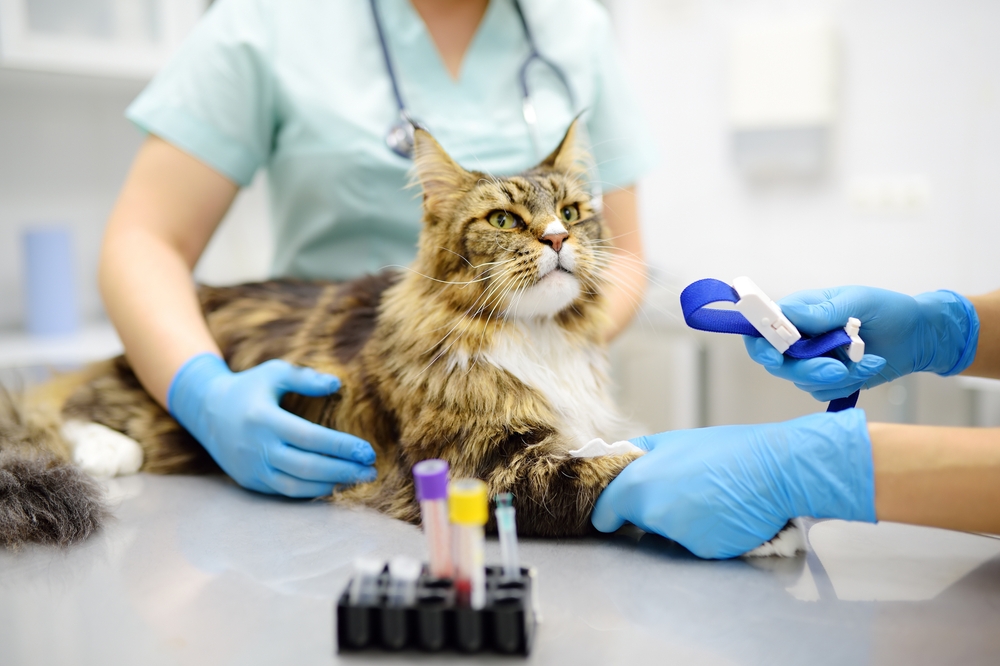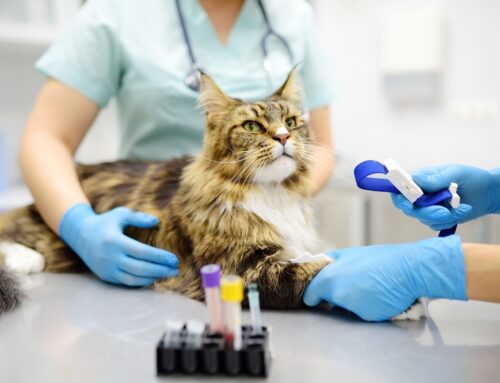Your pet’s breed determines many things, including their temperament, overall appearance, and even their propensity to develop certain diseases. Various cat and dog breeds are predisposed to health issues based on genetic factors and physical characteristics. Understanding these breed-related health problems is crucial for pet owners to provide proper care, preventive measures, and early intervention when necessary. The south Austin veterinarian at Oliver Animal Hospital dives into breed-related health problems so you can better care for your furry friend.
Breed-related health issues in dogs
Dogs have been bred for thousands of years, resulting in all shapes, sizes, energy levels, and demeanors. However, along with these traits, specific breeds are prone to certain health issues:
- Bulldogs (English and French) — Bulldogs are prone to brachycephalic airway syndrome because of their short snouts and elongated palettes. Brachycephalic breeds can experience breathing difficulties, snoring, and exercise and heat intolerance. Another issue in this breed is hip dysplasia, a genetic condition where the hip joint doesn’t fit properly into the hip socket, leading to arthritis and pain.
- German shepherd dogs — This breed is predisposed to hip and elbow dysplasia, which is common in large-breed dogs. These conditions can lead to arthritis and mobility issues. German shepherd dogs are also noted for developing degenerative myelopathy, a progressive spinal cord disease that leads to hind limb weakness and eventual paralysis.
- Golden retrievers — Like German shepherd dogs, golden retrievers are prone to hip dysplasia and have a high incidence of certain cancers, including hemangiosarcoma and lymphoma.
- Boxers — Boxers are predisposed to cardiomyopathy, a heart condition that could lead to heart failure. They are also more likely than other dog breeds to develop mast cell tumors and other cancers.
- Cavalier King Charles spaniels — This breed is susceptible to mitral valve disease, a heart condition that can lead to heart murmur and potential heart failure. Another issue this breed may face is syringomyelia, a serious neurologic condition where cavities form within the spinal cord.
- Rottweilers — Rottweilers are at risk for hip dysplasia and are predisposed to specific cancers such as osteosarcoma.
Breed-related health problems in cats
Like dogs, purebred cats can be genetically predisposed to various health conditions. Common breeds that can be affected include:
- Persian cats — Like bulldogs, Persian cats often suffer from breathing issues because of their unique facial anatomy. Polycystic kidney disease (PKD), a genetic disorder that causes kidney cysts to form, is another genetic condition that often affects this breed.
- Siamese cats — This breed is prone to respiratory conditions related to their narrow head and flat face. Siamese cats are also more likely than other cat breeds to suffer from dental issues such as periodontal disease.
- Maine coon cats — Hypertrophic cardiomyopathy (HCM) is a common heart disease in this breed that can lead to heart failure. Larger cat breeds, including Maine coons, are also susceptible to hip dysplasia.
Preventive strategies for breed-related disorders in pets

While some inherited health issues in certain breeds are concerning, you can help prevent or manage your furry friend’s conditions. Consider the following proactive measures:
- Annual veterinary exams — Routine exams can help identify health issues early. Your pet’s veterinary visit is also a perfect opportunity to discuss breed-specific concerns with our south Austin veterinarian.
- Proper nutrition — Provide a balanced diet tailored to your pet’s breed, age, and health status. Obesity is a common issue that can exacerbate many breed-related problems.
- Regular exercise — Maintain a consistent exercise routine for your pet to promote a healthy weight and prevent obesity-related health issues.
- Dental care — Implement a pet dental care routine, including brushing teeth and providing dental treats, to prevent periodontal disease, which is common in many cat and dog breeds.
- Grooming — Regular grooming, including daily brushing, can help prevent skin conditions, especially in breeds prone to allergies and skin issues.
- Genetic screening — For breeds predisposed to specific genetic conditions, consider genetic testing to identify potential risks early.
- Educate yourself — Understand your pet’s breed-specific health risks and remain vigilant for illness or discomfort signs.
Awareness of your furry friend’s potential breed-related health problems is essential. Taking preventive measures and maintaining regular veterinary care can help ensure that your four-legged companion has a long, healthy life. Contact our Oliver Animal Hospital team for answers to your questions about specific risks related to your pet’s breed and the best practices for maintaining their health and well-being.







Leave A Comment